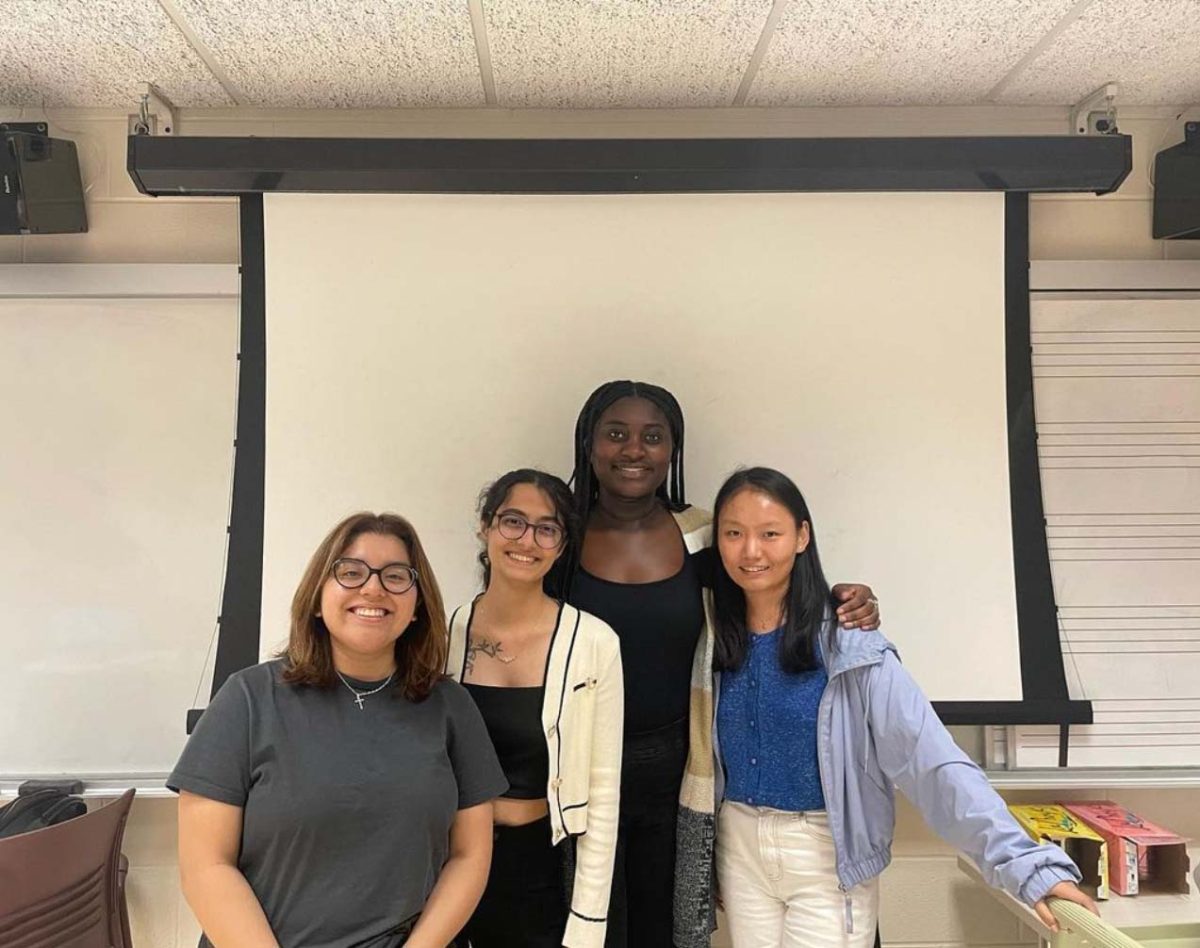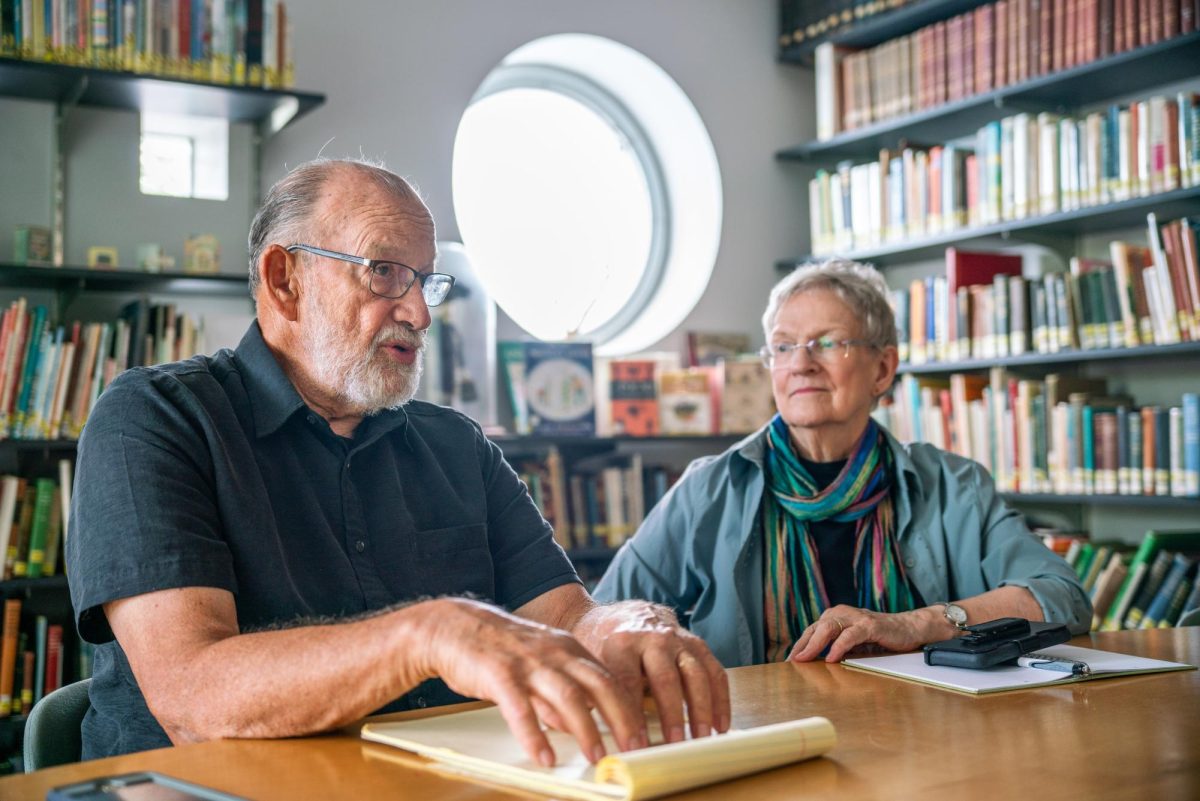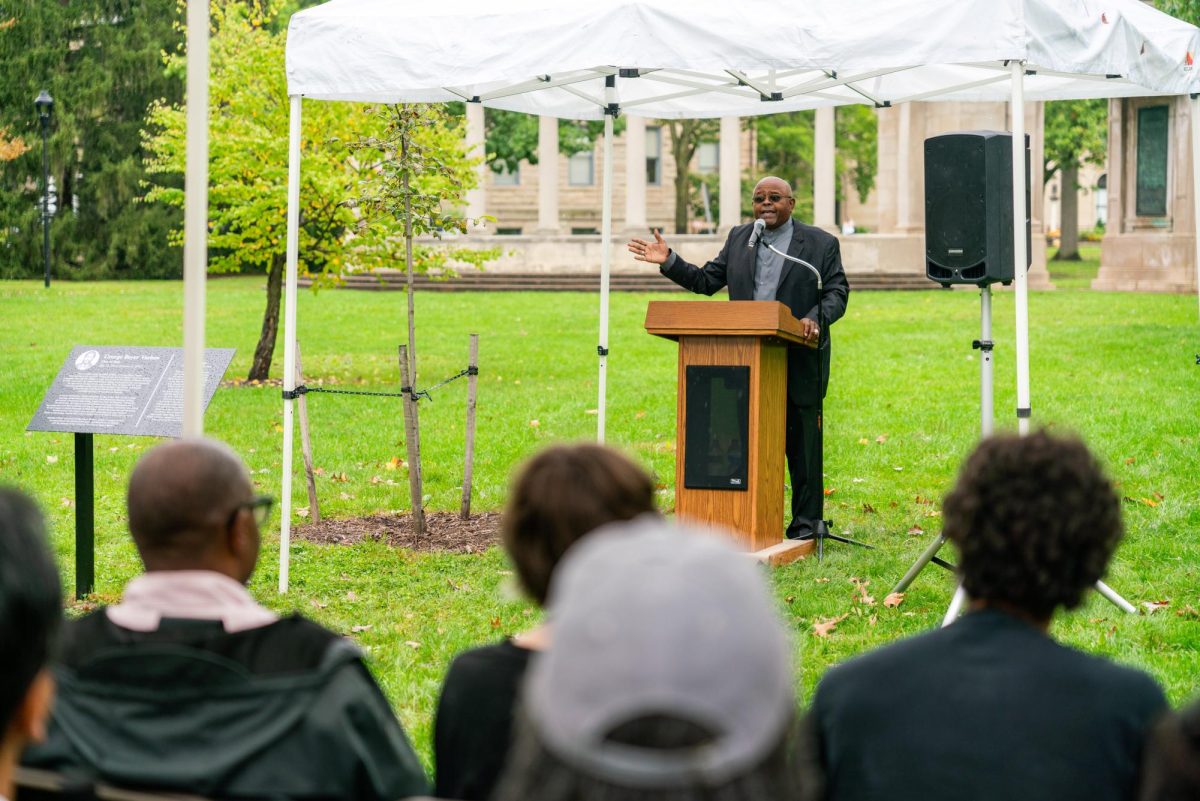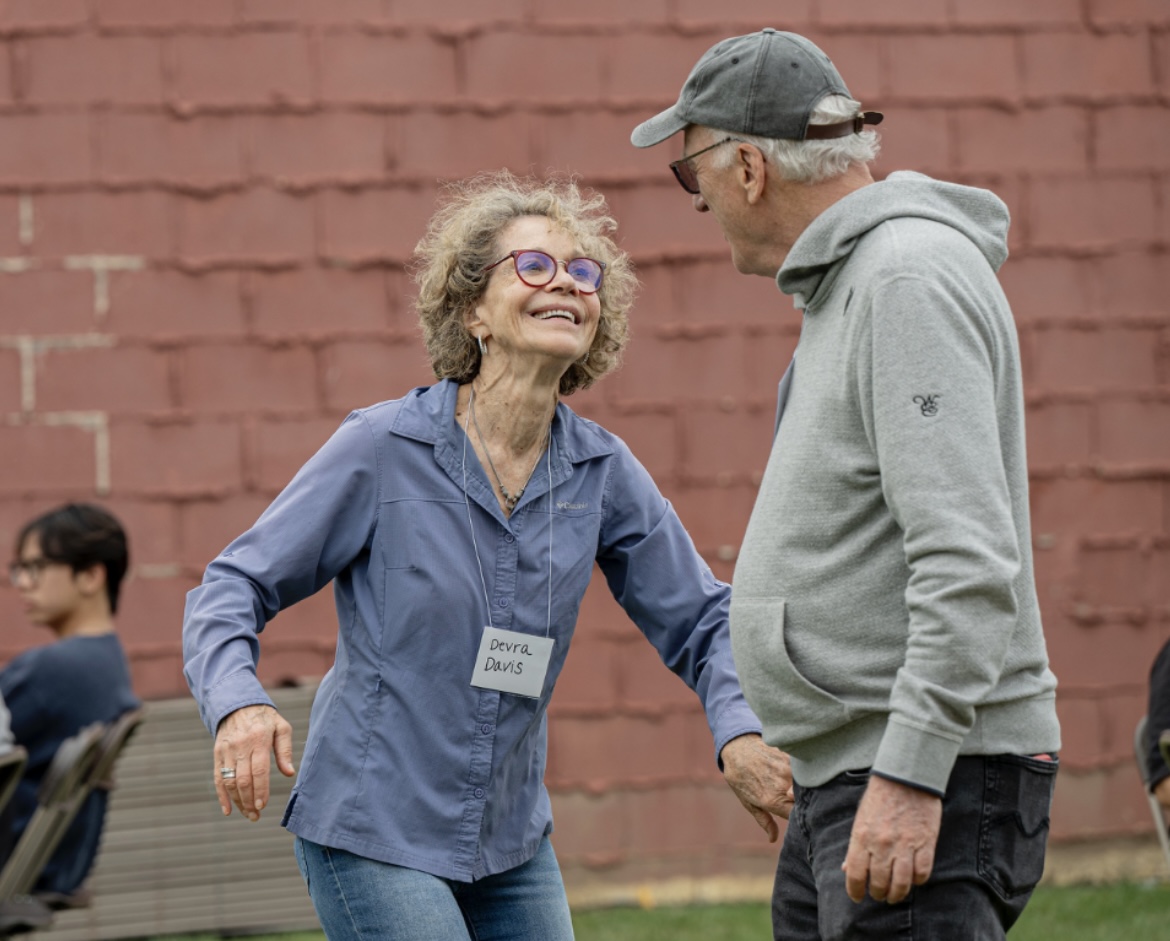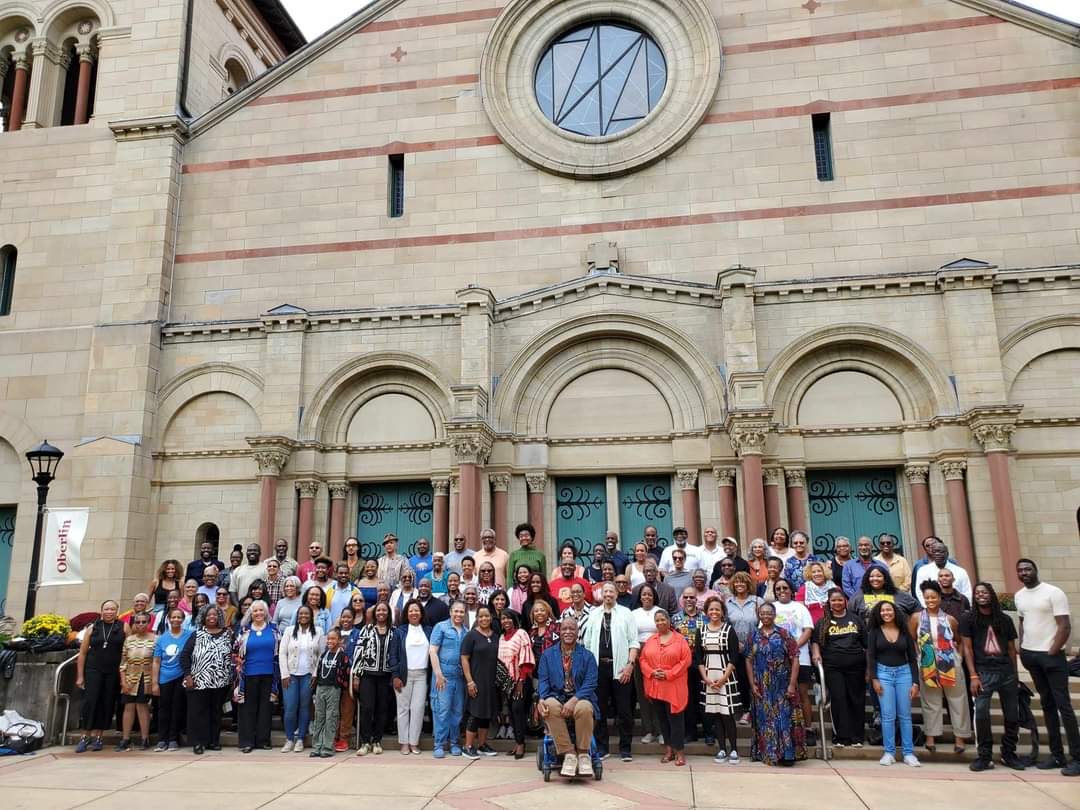Students in the Women and Nonbinary Finance and Economics club recently started meeting. The club provides opportunities for women and nonbinary students interested in careers in finance and economics to develop their skills and knowledge.
“The reason why the club originated is because we realized that there wasn’t really a safe space for women and nonbinary students to be able to discuss personal finances and things of that nature.” College third-year and co-founder of the club Bridget Adu-Dapaah said. “We know that for women and nonbinary students, in finance or in economics, that space is very male-dominated. We just wanted to have that safe space here at Oberlin.”
The Women and Nonbinary Finance and Economics club differs from the Oberlin Finance Club, which also develops skills for students specifically in finance. Still, the Women and Nonbinary Finance and Economics club also creates a dialogue on what it means to be an underrepresented group in the finance field and provides additional skills in other areas.
“We realized that there’s a general expectation that people know baseline information about economics and finance, but there’s really no place to access it,” College third-year Sharanya Rajani, another founder of the club, said. “So we wanted to be able to give people that educational background. If anybody who’s not the main focus within economics and finance just feels scared of asking questions and wants to know more, we want to provide that space where they can learn the basics, to see if that’s something they really want to do in the future, or maybe just to use [the information] for themselves and to better their own lives.”
The club opens up discussion on what it means to be a woman or nonbinary person working in the finance or economic industry. It also hopes to expand on how being a minority in those industries affects how people perceive the information given to them about finance and economics. For example, the club discusses how women’s healthcare access affects their financial decisions.
“Economics and finance have traditionally been a male-dominated discipline,” Professor and Chair of Economics and faculty mentor Ron Cheung wrote in an email to the Review. “We can see this in the data as the proportion of women and nonbinary students in our economics classes tends to fall the higher the level you go. The activities that the club plans go a long way in helping women and nonbinary students build their network, succeed in classes, and learn about developments in the field. Its charge is very important to me because women and nonbinary students may have particular perspectives and ideas that make the study of economics and finance at Oberlin more inclusive, effective, and dynamic.”
The club plans to host a series of meetings focusing on different skills this semester. One of the club’s main goals is encouraging women and nonbinary students to build their financial literacy.
Each club founder, of which there are five, take time to explain certain aspects of finance to students such as understanding saving accounts, bonds, or government bonds. The club also stresses the importance of reading economic and financial literature and learning about certain financial concepts, such as inflation or increasing interest rates.
“We’ll also hopefully be having some guest speakers as well — preferably women and nonbinary [people] speaking on finance and economics,” Adu-Dapaah said. “Also, another thing about economics is that it’s very broad. There are different topics within economics. So we want to focus on public economics or socioeconomics or even health economics. It really depends on what our members ask for. Another thing as well is we want to be able to partner with other clubs that have a similar mission as us. The overall goal is to make sure that we’re helping the students.”
The club had a previous iteration titled “Women and Trans in Economics,” but it became inactive over the pandemic. Presently, the Women and Nonbinary Finance and Economics club works with faculty in the Economics department. Together, they help address the specific concerns of women and nonbinary students about the finance, business, and economics departments and fields.
“My goal is to be a channel through which the students in the club can send ideas, comments, and concerns, and to be a means through which the department can provide concrete support,” Cheung wrote. “For instance, I may work with students to provide refreshments for club study sessions or guest speakers. Or when job candidates come to campus, I encourage members of the club to have coffee with them. To foster dialogue between the club and the faculty, I meet with club executives regularly to learn how the economics department can support the activities that they are planning.”
All students who identify as women or nonbinary may join the club regardless of their level of knowledge of finance or economics. The club also intends to have classes on budgeting or emergency funds for students looking to become more knowledgeable about finances in general. The club had its first meeting this week and intends to start having trainings later in the semester.
“We talked about this last year, and I think one of my biggest hopes is that this club continues even after I leave and that the club continues to be a safe space for women and nonbinary [students] to be able to ask the questions that scare them the most,” Rajani said. “I hear from a lot of my peers that sitting in a male-dominated class makes it hard to raise your hand and say, ‘So what does this basic thing mean?’ I hope that people leave this college, look back, and go: that was a place that made me feel wanted and welcomed and safe on campus.”


